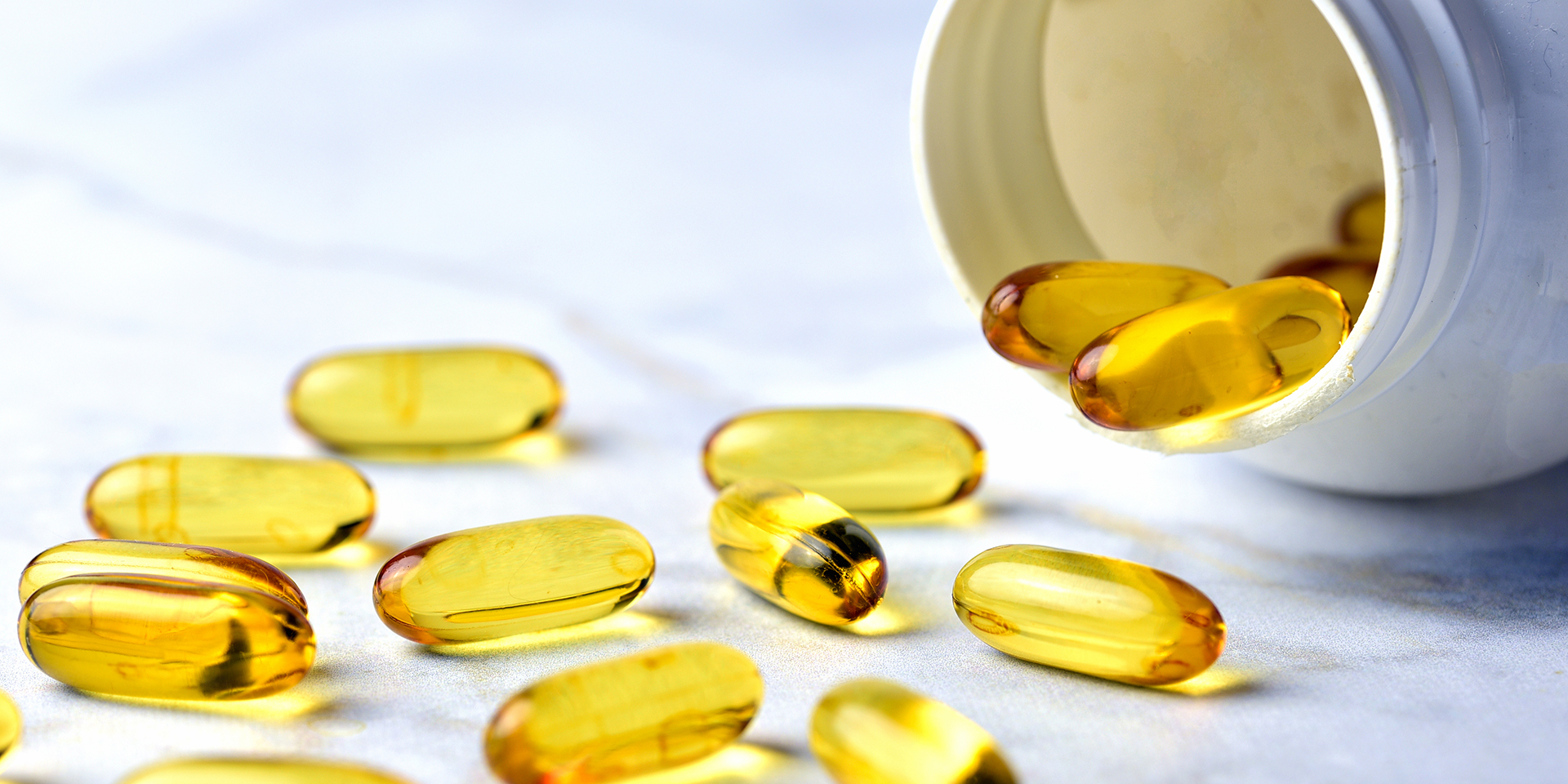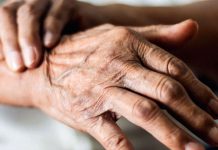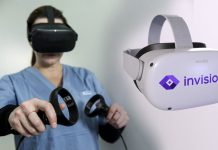Researchers of Purdue University, Indiana, and the National Institutes of Health (NIH) have recently gained key insights into how vitamin D works to reduce inflammation caused by immune cells that might be relevant to the responses during severe COVID-19, according to Medical Xpress.
Co-lead author Dr. Majid Kazemian of Purdue University said, “Our work demonstrates a mechanism by which vitamin D reduces inflammation caused by T cells. These are important cells of the immune system and implicated as part of the immune response to the infection causing COVID-19.”
“Further research, especially clinical trials, and testing in patients, are necessary before this can be adopted as a treatment option,” he added. “We do not recommend the use of normal vitamin D off the shelf at the pharmacy. No one should be taking more than the recommended doses of vitamin D in an attempt to prevent or combat COVID infections.”
Previous research has shown that vitamin D has the ability to reduce the inflammation caused by T cells in the lung characteristic of the most severe cases of COVID-19. However, it is important to understand that how and why vitamin D does so.
Understanding how vitamin D functions to combat inflammation could pave the way for new and more effective drugs.
Dr. Kazemian and his team, who published their findings in Nature Immunology, found that in the lung cells of patients with COVID, part of the immune response was going into overdrive, exacerbating lung inflammation, according to Medical Xpress.
He said, “In normal infections, Th1 cells, a subset of T cells, go through a pro-inflammatory phase. The pro-inflammatory phase clears the infection, and then the system shuts down and goes to anti-inflammatory phase.”
“Vitamin D helps to speed up this transition from pro-inflammatory to the anti-inflammatory phase of the T cells,” Dr. Karemian explained. “We don’t know definitively, but theorize the vitamin could potentially help patients with severe inflammation caused by Th1 cells.”
In COVID patients, the pro-inflammatory phase of the Th1 cells seems not switched off. And that could be due to low vitamin D levels or the cell’s abnormal response to vitamin D.
In such cases, the researchers said adding vitamin D to current treatments may help people recovery from COVID infections, although they have not yet tested this theory.
Dr. Kazemian noted, “We found that vitamin D – a specialized form of it, not the form you can get at the drugstore—has the potential to reduce inflammation in the test tube, and we figured out how and why it does that.”
“However, it’s important to understand that we did not carry out a clinical study, and the results of our experiments in the test tube need to be tested in clinical trials in actual patients,” he added.






















